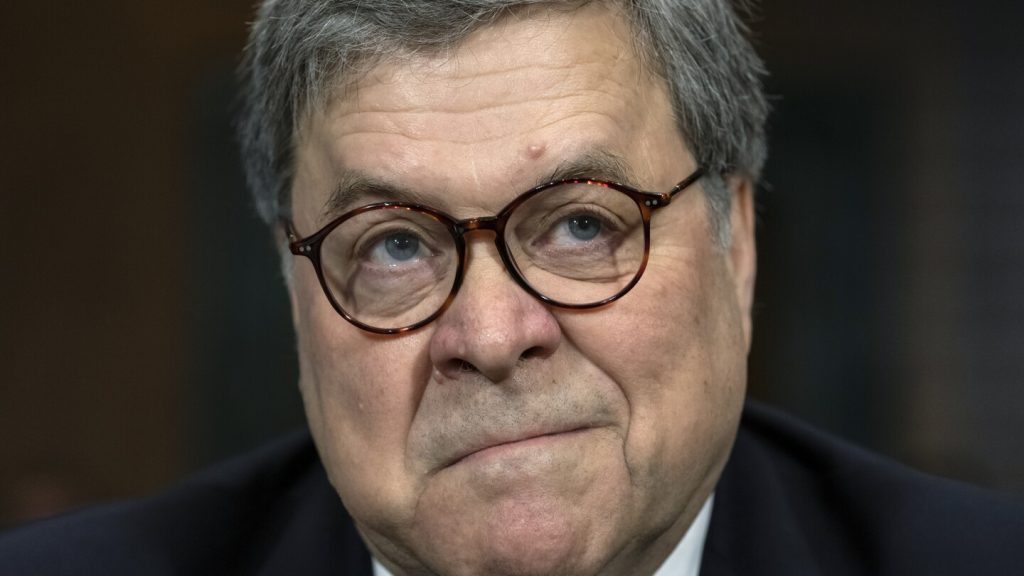A recent report released by a special House committee focusing on countering the Chinese government has shed light on China’s role in fueling the fentanyl crisis in the United States. The report reveals that China subsidizes the manufacturing of materials used by drug traffickers to create fentanyl, particularly by providing tax rebates for specific fentanyl precursors. This revelation suggests that the Chinese Communist Party may be intentionally allowing more fentanyl to enter the U.S., contributing to the chaos and devastation caused by the epidemic. Despite efforts by President Joe Biden and Chinese President Xi Jinping to cooperate on counternarcotics, questions remain about China’s commitment to reducing the flow of precursor chemicals and synthetic drug trafficking.
The report’s findings were presented during a congressional hearing focused on China’s involvement in the fentanyl epidemic in the U.S. The majority of overdose deaths in the country are linked to fentanyl and synthetic opioids, with cheap fentanyl being increasingly added to other drugs without the knowledge of consumers. The report also highlights China’s efforts to impede investigations into illicit fentanyl manufacturers by warning targets when U.S. law enforcement requests assistance. This interference has led targets to modify their operations, making it more challenging for authorities to detect their illicit activities.
Former U.S. Attorney General William Barr testified during the hearing, stating that it is difficult to believe that China, with its extensive surveillance system, is unaware of large-scale drug trafficking activities. Barr emphasized the report’s evidence indicating that China’s government is actively involved in supporting and facilitating the export of fentanyl precursors. He recommended leveraging the U.S.’s trade and economic power to push for greater enforcement by Chinese authorities and advocated for victims to pursue civil actions against individuals and companies involved in distributing fentanyl precursors and synthetic drugs.
In response to the report’s allegations, a Chinese official highlighted the nation’s efforts to curb fentanyl production, including issuing warnings to enterprises and individuals involved in the sale of substances used for narcotic drugs. China has also initiated a campaign targeting illegal activities related to fentanyl substances and their precursor chemicals. The establishment of a China-U.S. counter-narcotics working group aims to improve communication and collaboration between the two countries in addressing drug trafficking. The Chinese government maintains that the fentanyl crisis in the U.S. is not a result of their actions, and they are committed to implementing measures to combat the issue.
Democratic members of the committee raised concerns about Chinese companies selling synthetic opioids on their websites, leading to the immediate removal of such posts being necessary. The report highlights how some businesses engaging in the sale of fentanyl precursors and synthetic narcotics as a side business are vulnerable to U.S. sanctions. The report calls for Congress to clarify the president’s authority to sanction individuals involved in drug trafficking, impose financial sanctions on violators, and provide regular reports on sanction activities. Additionally, the report recommends the formation of a task force that integrates intelligence, economic, and enforcement resources to address drug trafficking, overseen by the attorney general and the National Security Council.
In conclusion, the report’s findings underscore the complex challenges posed by China’s involvement in the fentanyl crisis in the U.S. It raises questions about China’s commitment to reducing drug trafficking and highlights the need for stronger enforcement measures to combat the flow of precursors and synthetic drugs into the country. As lawmakers and officials continue to discuss potential solutions, efforts to hold accountable those involved in manufacturing and distributing these dangerous substances are crucial in addressing the devastating impact of the fentanyl epidemic on communities across the United States.


